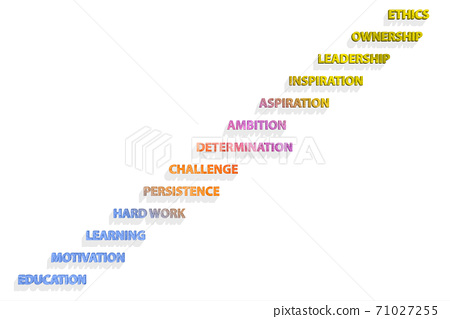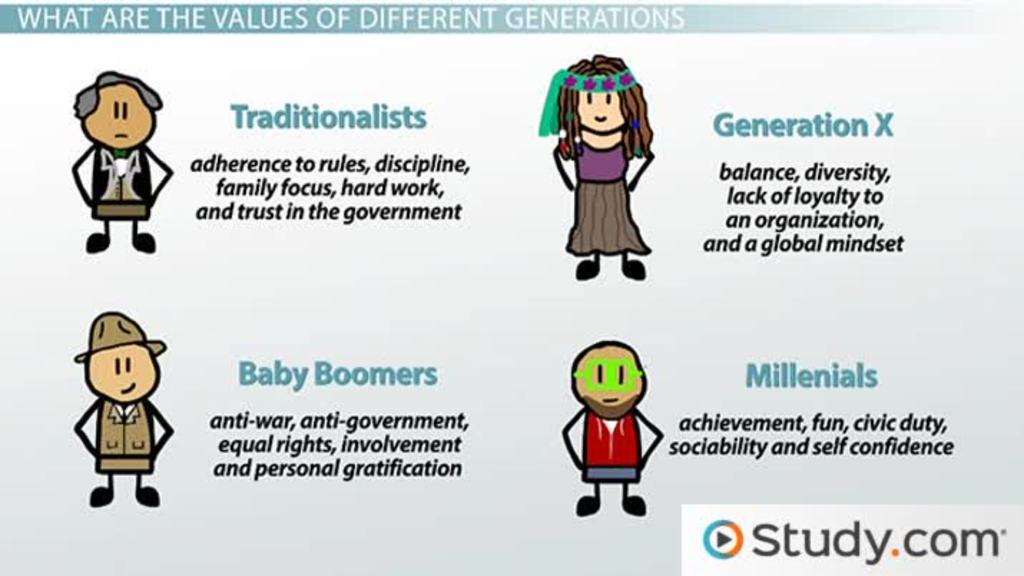
This article will discuss career planning. In the following pages, you'll find articles on short-term career planning, long-term career planning, job shadowing, and researching various career paths. These articles can help you identify a long-term career path that will be successful. However, it's important to make your plan as specific as possible to your unique situation and interests.
Long-term career planning
Planning your career can help you to achieve your goals. It can help to avoid being stuck on the wrong tracks, build more career capital, or explore long-term alternatives. It will also allow you to make the most your time. Long-term career planning is crucial if you want to have a lasting impact on the world.
Planning for long-term careers involves setting goals that will guide you in the future. This is often done over several years. To track your progress toward your longterm career goals, you can create a timeline. Many people have ambitious career goals but may not know what direction they should take to achieve those goals. Long-term career planning gives them the direction and motivation they need to achieve these goals. Professionals who have long-term career plans are encouraged to leave their comfort zone and grow.
Short-term career planning
Setting short-term career objectives is part of short-term job planning. This is an important part of long-term career planning. However, it focuses only on short-term opportunities. There are many options for short-term goals. They can be adapted to your personal situation, current opportunities, and other factors. For example, you may want to consider increasing your knowledge within your current organization, or furthering your education in a related field.

Career planning will help guide you in your decision making process, no matter if you are happy or unhappy at work. People who are unhappy at work or feel lost can benefit from career planning. Your short-term career plan focuses on what your next year will bring. Long-term career planning focuses on how you plan to achieve your goals for the next decade or more.
Job shadowing
Career shadowing is an important tool for any job seeker. This helps job seekers identify the areas they need to improve and also allows them to determine the education and skills that they will need to succeed. Shadowing an employee is a great way to gain insight into the working environment.
Job shadowing allows you to follow another employee for a few days or weeks in a particular position. This is done to get a feel for the work and help you decide if it is something that you enjoy. This can also be a good way to network with professionals and see if the field is the right one for you.
Researching career paths
It doesn't matter if you are unsure of your career path or already have a job, it is important to explore all options. It's possible to read books to find out more about certain career options, but it's also worth speaking with other professionals in the field. This is a cost-effective and risk-free method to learn about the job and its duties. Learn about salary, working conditions, and current employment trends.
Doctoral holders have many options outside of academia for careers. These include management, research, teaching and management positions. They can also include positions with public and non-profit institutions, commercial companies and private bodies. There are many other career options available, including publishing, consultancy and patent law. You can find more information at the careers section of your institution.

Creating a timeline for career planning
First, decide what information you want to include in your timeline. Once you've determined the purpose of the timeline then gather the information and research the subject. For a short timeline, you can use a pencil or a pen. But a posterboard is better for larger projects and presentations. You can draw neat lines with a ruler to avoid wrinkles and smooth lines. You can also draw a sketch of your timeline to see where to place the events.
Students find it difficult to decide which career path to follow immediately after graduation. This is why creating a career timeline is so useful. There are many resources available online to help students create a career plan. Indeed.com provides a template timeline that outlines the steps students should follow to prepare for each stage.